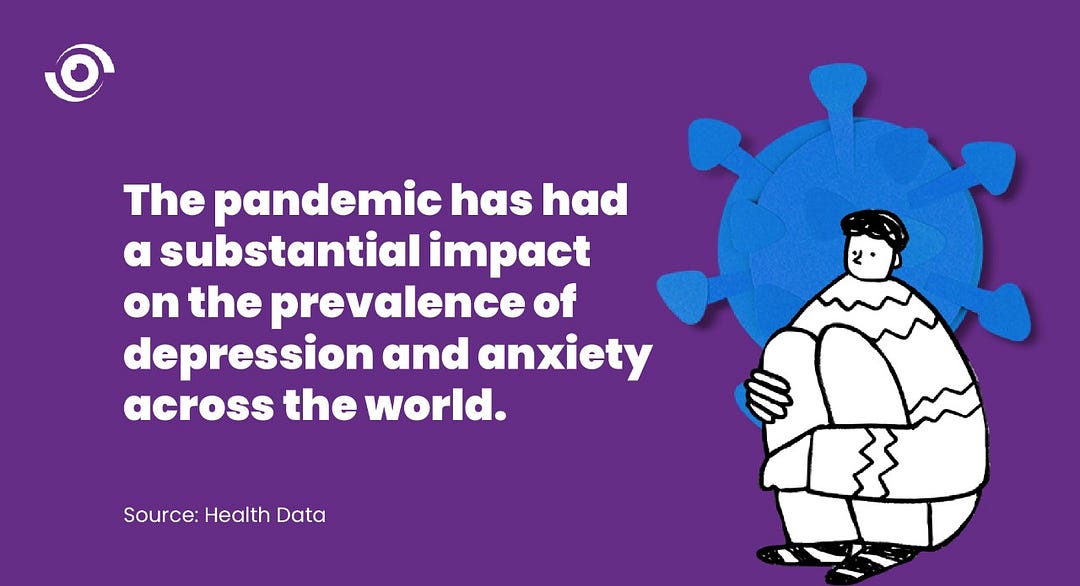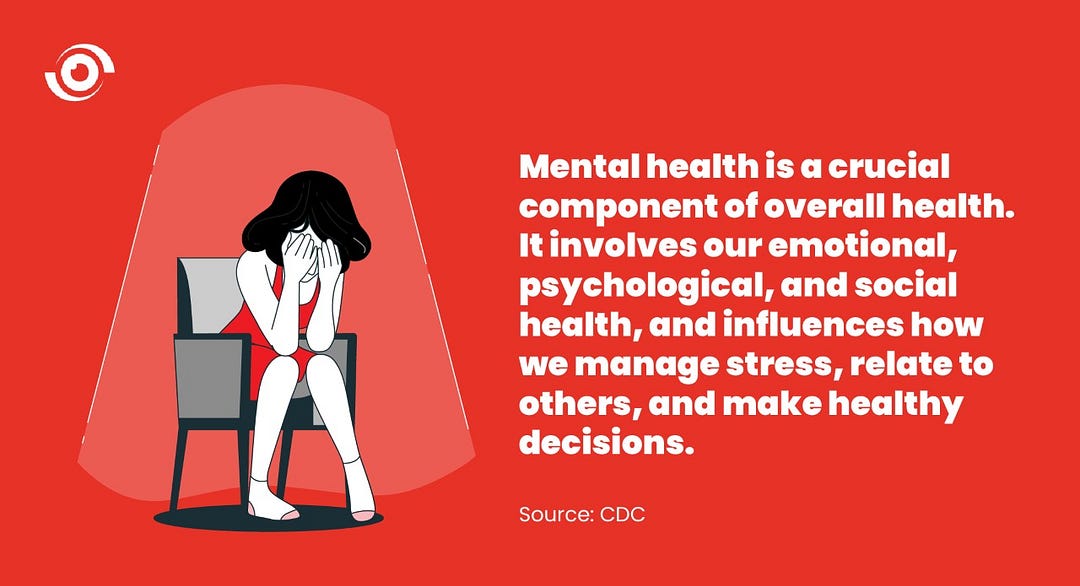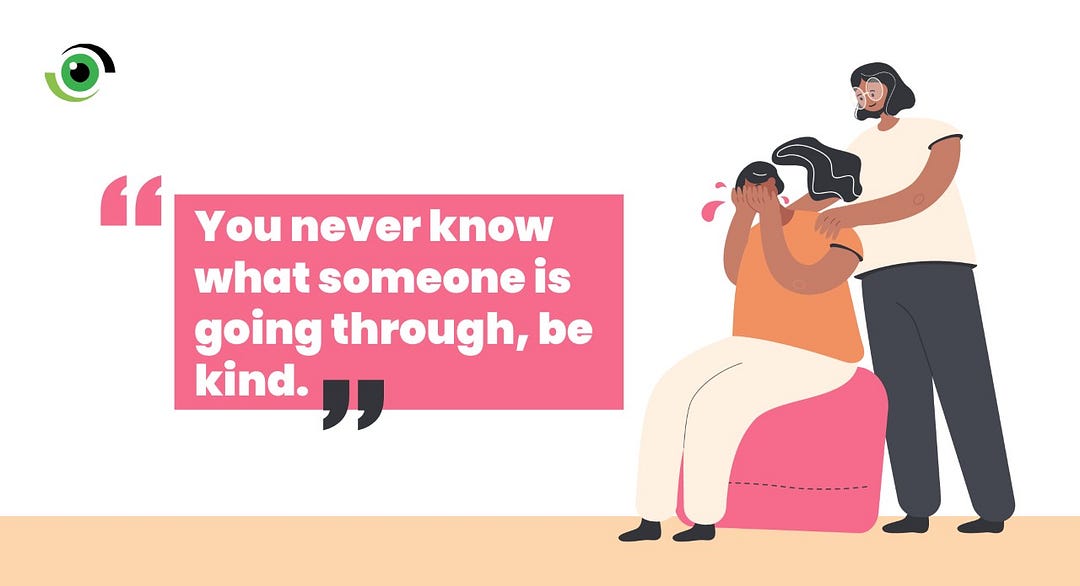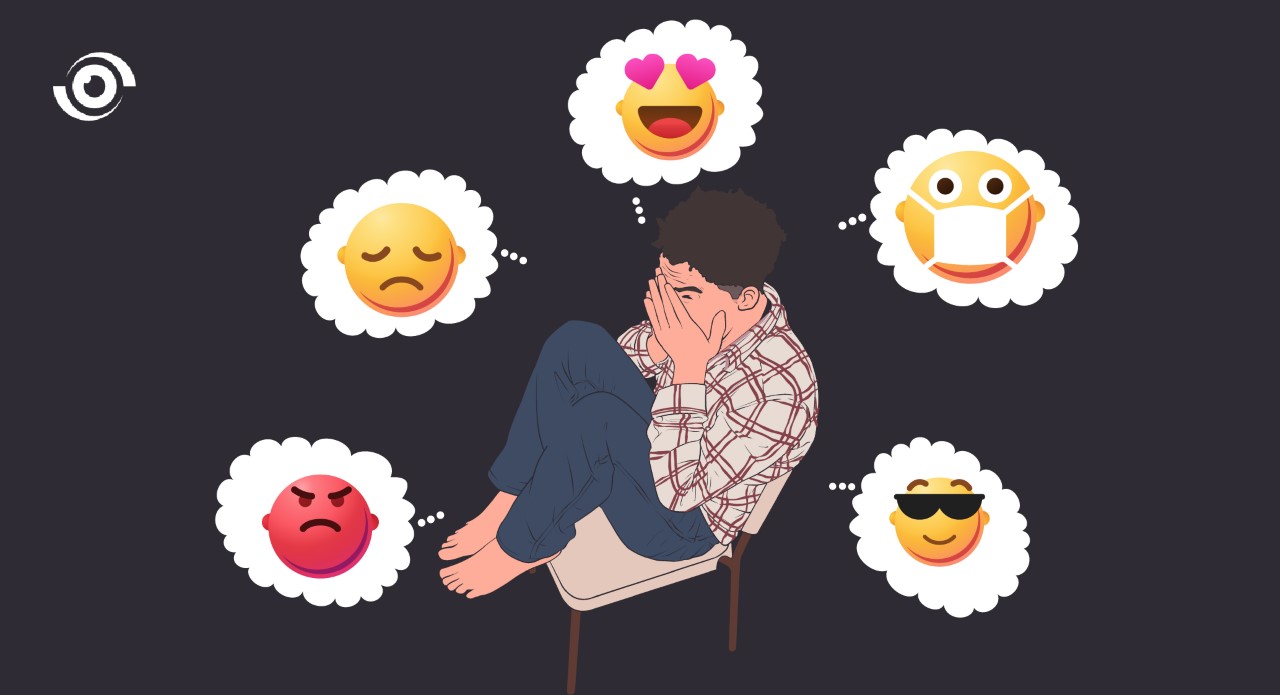By Ramatu B. Hassan (Lead Writer)
It felt like no time at all had passed as the ‘Happy New Year! New Year, New Me’, social media posts transitioned into ‘Valentine is coming, where is your boyfriend?’ The great build up to Valentine’s Day had begun as people became besieged on all sides by the holiday getaways being advertised by tourism companies, gift service companies with exquisite packages, the social media banter and personal expectations set by people.
Prioritising mental health
At holidays, birthdays and Valentine’s, people look forward to celebrating with their loved ones. But sometimes, these are not always the most wonderful times of the year for some as ‘holiday blues’ tend to set off anxieties and depression.
The COVID-19 pandemic brought to the fore the importance of relationships and social interactions. The need for connection with people hit home for many as ‘social distancing’ and ‘self-isolation’ meant fewer hugs, less physical contact and not many opportunities to connect with loved ones, which is paramount to mental health. According to the new global burden of disease analyses, depression and anxiety were among the top causes of health loss worldwide and increased significantly during the pandemic.
Before the emergence of the pandemic, major depressive and anxiety disorders (and mental disorders overall) were among the leading causes of health burden globally, with the mental health system in most countries being under-resourced and disorganised. With the psychological impact of the pandemic likely to linger for years, it is reassuring to see mental health and mental health issues recognised and prioritised globally and the many initiatives doubling down on mental-health awareness.

In Nigeria, although there is still a great deal of stigma and ignorance around mental health, there is certainly more awareness than there was 10 years ago. However, with about 250 psychiatrists for a population of more than 200 million, most of whom are based in urban areas, and in view of their poor knowledge about mental disorders at all levels, many people do not get the care they need.
People and policies
Mental health includes our emotional, psychological, and social well-being. It affects how we think, feel, and act. It also helps determine how we handle stress, which includes how we deal with meeting the ideals related to Valentine’s Day and the associated depression, sadness, loneliness, and strong emotion that may develop. Mental health is an important part of overall health and well-being, and mental health issues are as much a medical problem as malaria and must be treated as such.

To ensure a mentally aware and healthy Nigeria in the future, there is an obvious need to establish robust mental health law, policy, and regulation. These should include, not only measures for treatment, but also for the prevention of mental illness.
The Mental Health Bill was presented to the National Assembly in 2003, but because there was little progress and scant support, it was withdrawn in April 2009. The Bill was presented again in 2013 when the ‘National Policy for Mental Health Services Delivery’ set out the principles for the delivery of care to people with mental, neurological, and substance abuse (MNS) problems. It has yet to become law. Nigeria has a National Policy for Mental Health Services Delivery but in the absence of a dedicated authority to assess compliance or support legislation, the effect of this policy on the quality of care and life for people living with mental health problems in Nigeria remains negligible.
Nigerians are becoming more vocal about mental health, and innovative approaches to mental health services like the Nigerian Suicide Hotlines by the Nigeria Suicide Prevention Initiative, and the toll-free mental health helpline launched by She Writes Woman Mental Health Initiative have been introduced. MANI is another great advocate of mental health literacy and awareness in Nigeria. They provide information and resources about mental (ill) health and run online awareness campaigns and events.

Good mental health is everyone’s responsibility. You can help your friend or family member by looking out for the signs of mental health problems and connecting them to professional help. If a friend or family member is showing signs of a mental distress or reaching out to you for help, you can offer support by reminding them that help is available and that mental health problems can be treated. It’s also important to educate other people so they understand the facts about mental health and do not discriminate. Finally, treat everyone you meet with respect, compassion, and empathy.
“You never know what someone is going through, be kind”.



Very true. We in India also experienced mental health issues during the pandemic and thereafter contributing to the disease burden. But as you rightly said people, the government and other stakeholders have sat up to recognise that Mental Health can no longer be pushed under the carpet. Some very good initiatives have been taken up like Tele mental health helplines.